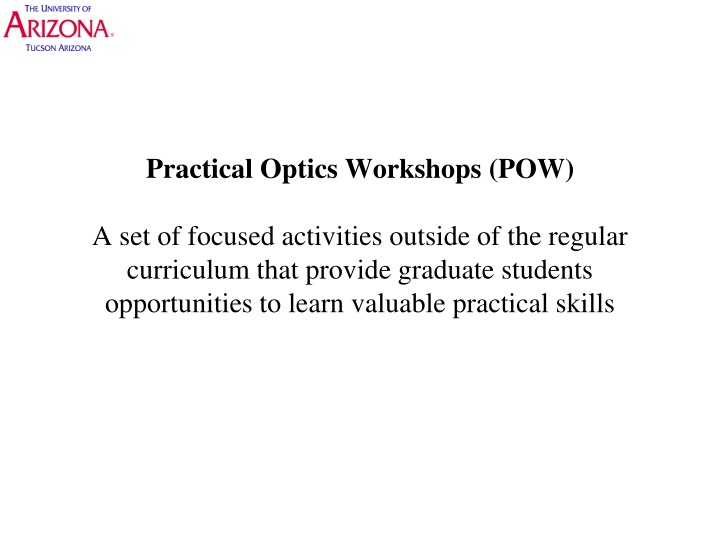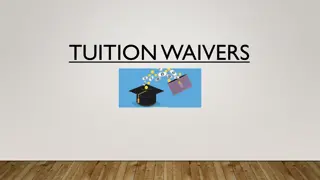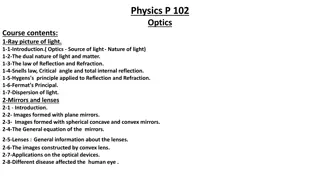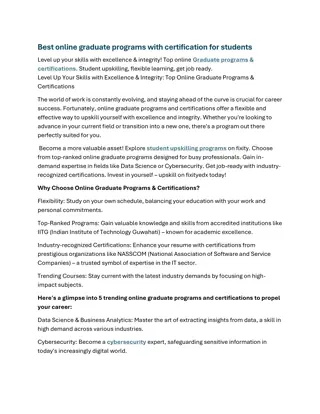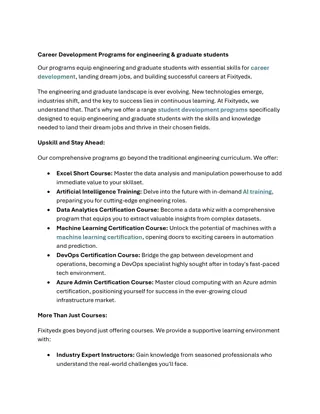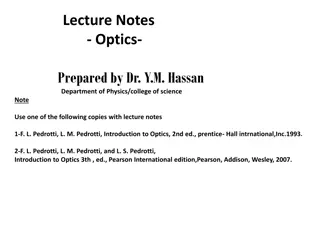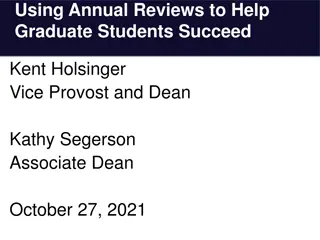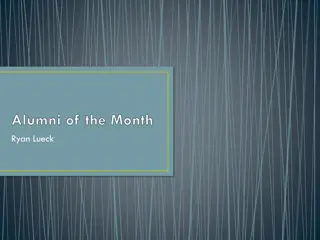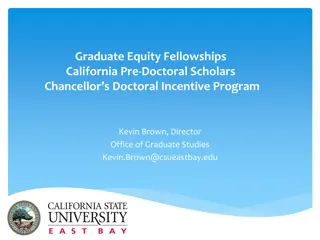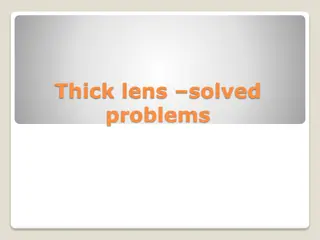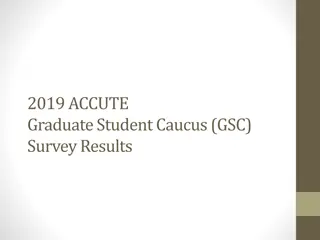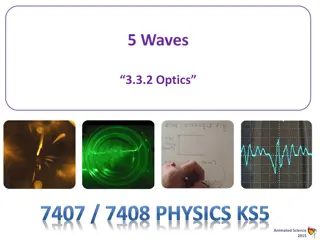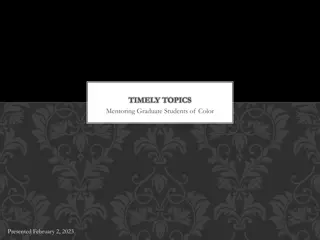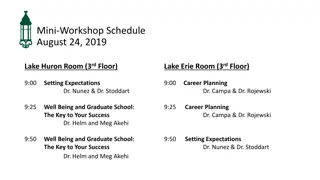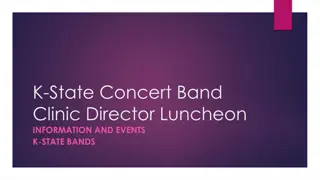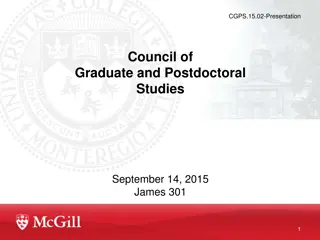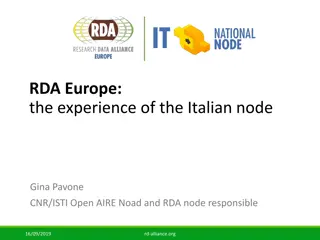Practical Optics Workshops - Enhancing Graduate Skills
Practical Optics Workshops (POW) offer graduate students valuable hands-on training in optical skills essential for research and employment. The workshops cover a range of topics from handling optics to advanced optical modeling and technical communication.
Download Presentation

Please find below an Image/Link to download the presentation.
The content on the website is provided AS IS for your information and personal use only. It may not be sold, licensed, or shared on other websites without obtaining consent from the author.If you encounter any issues during the download, it is possible that the publisher has removed the file from their server.
You are allowed to download the files provided on this website for personal or commercial use, subject to the condition that they are used lawfully. All files are the property of their respective owners.
The content on the website is provided AS IS for your information and personal use only. It may not be sold, licensed, or shared on other websites without obtaining consent from the author.
E N D
Presentation Transcript
Practical Optics Workshops (POW) A set of focused activities outside of the regular curriculum that provide graduate students opportunities to learn valuable practical skills
POW: Background The core curriculum teaches fundamentals. Practical skills are often learnt elsewhere: Lab classes On-the-job in your research groups It is inefficient to teach one at a time, and other students may miss this entirely! We would like to define core practical skills, and systematically provide training for these skills. We have one working model -- the machine shop class. This is a 6-week workshop offered to students where they learn basics of metalwork. This is critical for any design engineer, and it is not provided in the curriculum.
POW: An example You have been trained on how to operate an interferometer, and now you are assigned a task of making some measurements of custom optics. Do you know what is the basic procedures for handling and cleaning this optics? When you take data from an interferometer, can you recognize the bad data? Can you extract the data from the interferometer and use it to analyze the optical performance (remove all the non-axisymmetric Zernike polynomials,PSF, encircled energy)? Can you record the important information in your notebook and write a concise report? We will teach these things at our POW workshops.
POW: Goals Define a set of practical skills that are broadly needed For research at UA For employment Develop a systematic set of workshops that provide experiences that build these skills. Offer these at times that are widely available for students (at nights?) Define curricula (courses+workshops) for MS and PhD students to build the right foundation and provide a complete skill set.
POW: Current activities I am taking on responsibility of coordinating and leading this activity. We have got feedback from industry affiliate on the practical skills. Interested faculty and researchers have started to meet regularly to define the workshops. We are actively developing a list of topics to be covered. Individuals have started to develop their workshops.
POW: List of workshops Introduction to handling and cleaning of optics Interferometric measurement Assembly and alignment Tolerancing and specification Computer controlled metrology tool Sources and detectors Plastic optics Advanced optical modeling Data reduction software Computer interfacing Optical fabrication Catalog optics Optical coating technology Technical writing and communication
POW: How can you get involved? Provide input Help us define the list of skills Offer assistance on preparing and teaching the workshop Take these workshops Provide feedback after you take the workshops
